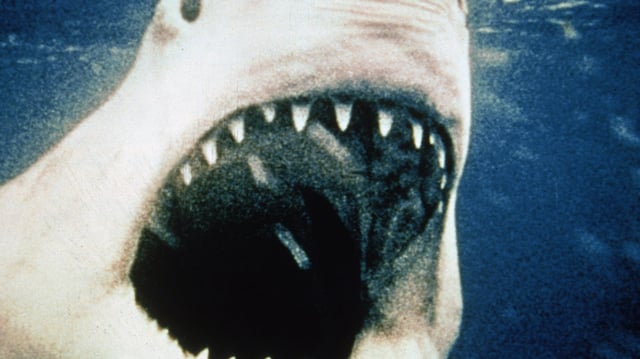Overview
- The 1975 film Jaws reshaped public perception by portraying sharks as deliberate attackers, fueling decades of fear-based policies from revenge shark hunts to lethal beach nets.
- Experts trace the “Jaws Effect”—using fictional shark scenarios to justify real-world measures—to political directives in Australia for culling sharks after fatal bites.
- Despite its demonizing influence, Jaws inspired shark researchers and conservation leaders such as Valerie Taylor and Leonard Compagno, leading to early protections for grey nurse and white sharks.
- On its 50th anniversary scientists and journalists note a shift toward nuanced public understanding, highlighting improved beach safety and growing shark conservation support.
- Sean Byrne’s upcoming film Dangerous Animals explicitly inverts Jaws tropes by depicting sharks acting by nature while casting human violence as the true menace.


